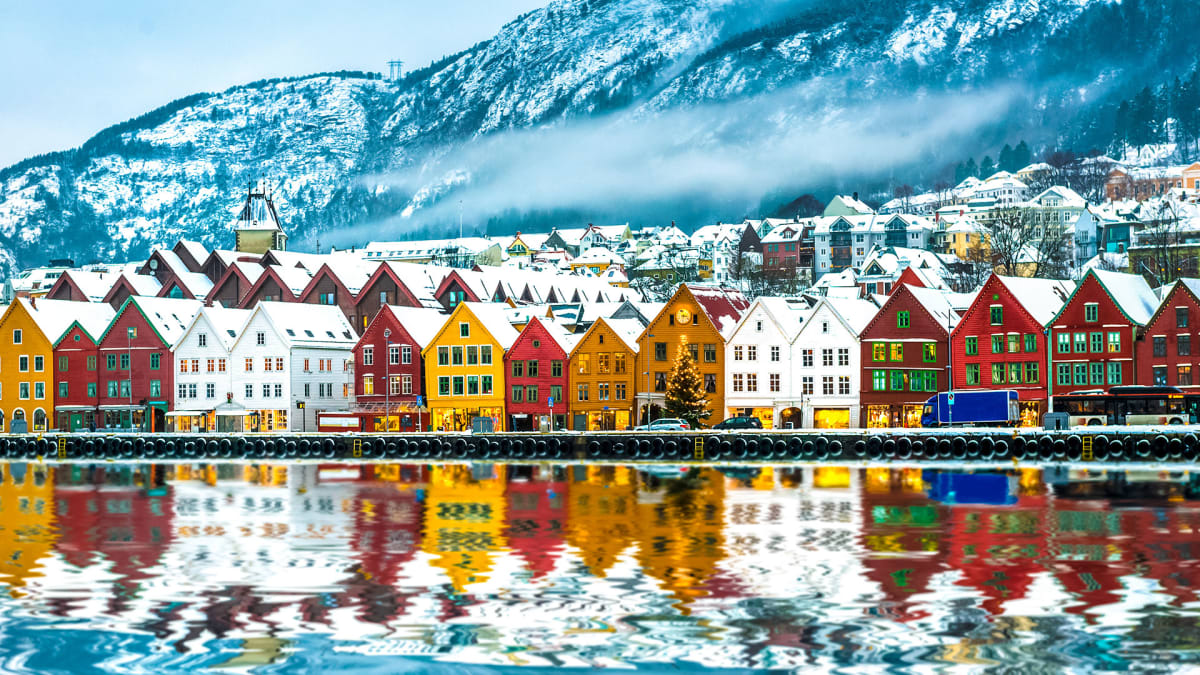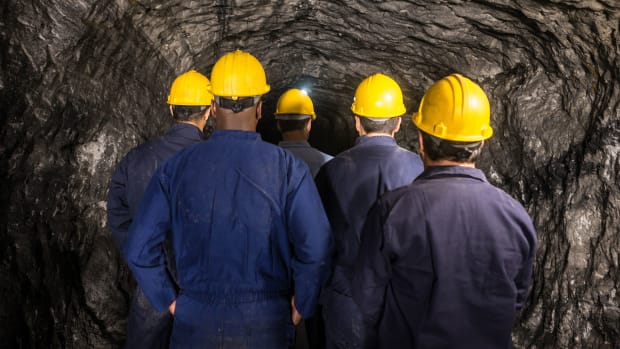
In the modern age, it's pretty hard to discover and lay claim to new sources of minerals, metals and other natural materials. Most big deposits have multiple people fighting for them while climate change is steadily eroding what's already there.
This is why it is a big deal whenever geologists and other researchers hit upon a large source of heretofore undiscovered natural resources -- when Turkey announced the finding of a 694 million-ton repository of rare earths minerals near Ankara, many wondered whether such a discovery could alter the country's economic course and help shift the world away from its dependence on China as the source of rare earth minerals.
(Later sources later cast doubt on whether the discovery was as new or as significant as the country claimed.)
A Potential Rare Metal Boon For Norway
Already known for its oil and gas wealth and vast natural landscapes, the country of Norway may have hit on another treasure trove with a new study claiming to have found "substantial" amounts of minerals and metals in the seabed of its continental shelf (the edge of the continent that is submerged by water).
As Reuters first reported, a study estimates that there are over 45 million tons of zinc and 38 million tons of copper in the polymetallic sulphides between the Norwegian Sea and Greenland Sea. This, along with 24 million tons of magnesium and 3.1 million tons of cobalt, is significantly more than what is currently mined globally and could provide a significant source of export wealth for Norway for years to come.
The study also found an estimated 1.7 million tons of cerium, a chemical element which is necessary to build flat-screen TVs and certain types of lamps and lightbulb.
"Of the metals found on the seabed in the study area, magnesium, niobium, cobalt and rare earth minerals are found on the European Commission's list of critical minerals," the Norwegian Petroleum Directorate (NPD) said in a statement announcing the study findings.

Getty Images
Should We All Just Move To Scandinavia Now?
Along with their famously high quality of living, Scandinavian countries have significant natural resource wealth relative to their small size. Earlier this month, Sweden also found what some estimated to be Europe's largest repository of rare earth materials after state-operated mining company LKAB discovered 1 million tons of rare earth metals in the country's northern Lapland province.
Immediately, wheels started churning about what the materials could be used for and who would buy them. While rare earth materials discovered by LKAB are used in everything from smartphones to common household appliances, the Norwegian discovery gives the country new access to both commonly-needed materials and rare ones such as neodymium and dysprosium.
"Costly, rare minerals such as neodymium and dysprosium are extremely important for magnets in wind turbines and the engines in electric vehicles," says the NPD.
With the study reflecting the earliest point of extraction, it is too early to tell whether the discovery will lead to something that can be extracted and used -- or whether any of it will have any significant impact on Norway's economy -- but the enthusiasm it generated is significant.
It is also important to Europe as it seeks to break its dependence on China. According to numbers from Statista, 98% of the rare earth materials used in the European Union (which Norway is not a part of) came from China.







